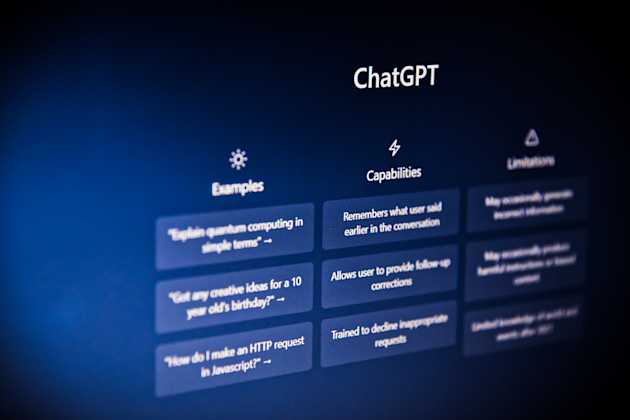Orbiting ideas
Fintech
5 Tech Segments AI Will Revolutionize!
Explore 5 tech industry segments that AI will disrupt for the better. From healthcare to finance, discover how automation can benefit businesses and customers. Peer-reviewed sources included.
By Adam Peña

The AI Disruptors: 5 Tech Industry Segments That Will Benefit from Automation
As software engineers, we're always on the lookout for the next big thing in technology. And there's no doubt that artificial intelligence (AI) is set to revolutionize the way we work and live. But what about the industries that will be disrupted by this wave of automation? Will they be left behind or can they also benefit from the power of AI? In this article, we'll explore 5 different segments of the tech industry that will be disrupted by AI, and why it's a good thing.

1. Customer Support
Customer support is an area that has long been ripe for automation, and with the rise of chatbots and virtual assistants, it's set to become even more efficient. According to the Journal of Theoretical and Applied Electronic Commerce Research, customers today "expect to be able to reach a company anytime and anywhere" but adoption has been slow because of the impersonal nature of chatbots.¹ However, in the advent of promising new language models like OpenAI's ChatGPT, there's renewed optimism and excitement for the evolution of chatbots. This is great news for customers who will benefit from improved 24/7 support, as well as companies who can save time and resources by automating simple tasks.
2. Healthcare
The healthcare industry is one that's already benefiting from AI, with applications such as image recognition and drug discovery. But the potential for disruption is even greater. For example, AI-powered robots could be used to perform surgeries with greater precision, while machine learning could be used to predict patient outcomes and identify potential health risks.² This is good news for patients who will receive more accurate diagnoses and treatments, as well as doctors who can focus on the more complex cases.
3. Transportation
Self-driving cars may still be some way off, but the transportation industry is already benefiting from AI in other ways. For example, logistics companies are using machine learning to optimize delivery routes and reduce fuel consumption,³ while ride-hailing companies are using AI to match riders with drivers more efficiently. This is good news for the environment, as well as for drivers who can reduce their time on the road and increase their earnings.
4. Manufacturing
The manufacturing industry has always been at the forefront of automation, but AI is set to take it to the next level. With the ability to analyze vast amounts of data in real-time, AI-powered machines can optimize production processes, reduce waste and downtime, and increase output. This is good news for manufacturers who can operate more efficiently and profitably, as well as for consumers who will benefit from higher quality products at lower prices.

5. Finance
Finally, the finance industry is another that's already benefiting from AI, with applications such as fraud detection and risk management. But the potential for disruption is even greater. For example, AI-powered algorithms could be used to make investment decisions with greater accuracy and speed, while chatbots could be used to provide personalized financial advice to customers. This is good news for investors who can benefit from more informed decision-making, as well as for banks and financial institutions who can operate more efficiently.
The Future Ahead
In conclusion, the potential for disruption in these 5 tech industry segments is vast, but it's a good thing. By automating repetitive tasks, analyzing vast amounts of data, and making more informed decisions, companies can operate more efficiently and profitably, while customers can benefit from better products and services. Of course, there will be some challenges along the way, such as the need to upskill workers and address privacy concerns, but these can be overcome with the right approach. So let's embrace the power of AI and look forward to a brighter, more efficient future.
¹Jenneboer, L., Herrando, C., & Constantinides, E. (2022). The impact of Chatbots on Customer Loyalty: A systematic literature review. Journal of Theoretical and Applied Electronic Commerce Research, 17(1), 212–229. https://doi.org/10.3390/jtaer17010011
²Shickel, B., Tighe, P. J., Bihorac, A., & Rashidi, P. (2018). Deep EHR: A Survey of Recent Advances in Deep Learning Techniques for Electronic Health Record (EHR) Analysis. IEEE Journal of Biomedical and Health Informatics, 22(5), 1589-1604.
³Tarapata, Zbigniew, et al. “Data-Driven Machine Learning System for Optimization of Processes Supporting the Distribution of Goods and Services – a Case Study.” Procedia Manufacturing, vol. 44, 2020, pp. 60–67., https://doi.org/10.1016/j.promfg.2020.02.205.